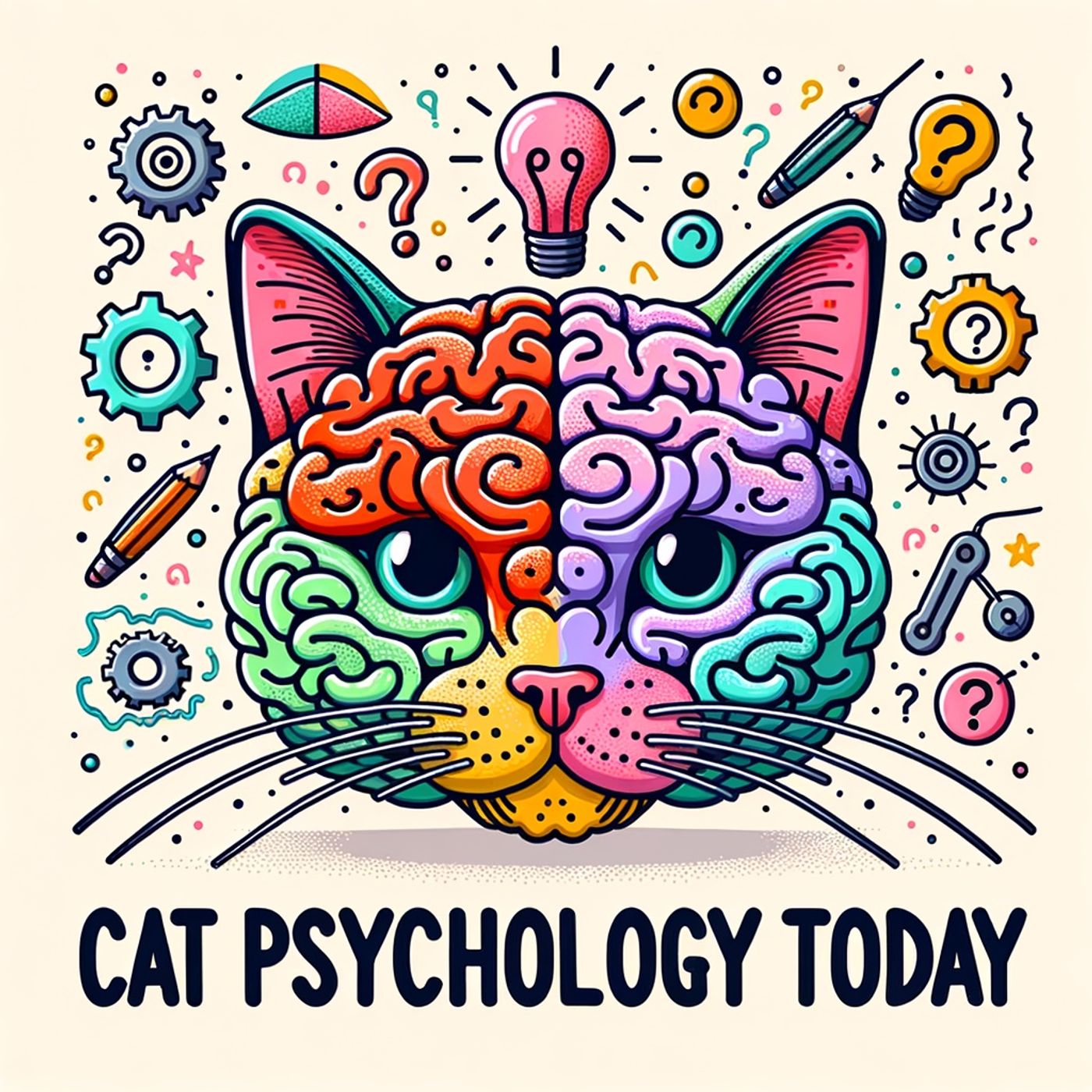Listen "Unveiling the Emotional Complexity of Cats: Insights from Modern Cat Psychology"
Episode Synopsis
Cat psychology today is a fascinating blend of ancient instincts and modern science, showing that our feline companions are anything but aloof. Recent research has overturned old stereotypes, proving that cats form deep emotional bonds with their humans, recognize voices and gestures, and experience a wide range of emotions. Psychology Today highlights how cats, while independent, are also socially complex creatures who can form secure attachments much like children do with parents. They respond to their names, interpret tone, and even show signs of empathy by seeking out their humans when they sense sadness or distress.According to research by Current Biology, most cats see their humans as a secure base, regularly seeking comfort and security in familiar company—challenging the belief they flourish best alone. The International Cat Care organization adds that this emotional intelligence lets cats navigate complex household dynamics, reading mood, routines, and even changes in their environment to sharpen their own responses.Insights from DVM360 emphasize how understanding feline emotions is now central to both veterinary care and the everyday lives of cat caregivers. The mutual influence is striking: as people benefit from the anxiety-reducing, heart-health boosting companionship of cats, the emotional well-being of cats also stems directly from the human bond. If a caregiver is stressed or unhappy, a sensitive cat may become more withdrawn or anxious, underscoring a profound two-way emotional channel.Technological innovation is now opening a new era in cat psychology. The Ipsos Pet 2025 report reveals many caregivers, especially younger pet owners, are turning to smart collars and AI-driven apps to decode cat emotions, track daily activity, and offer real-time advice. For example, tools like Moggie, a cat-only health and behavior tracker, can spot subtle changes in routines, signaling early stress or illness before a vet visit is even needed. Empathic AI projects like the Shazam Band claim to analyze both the pet’s and the owner’s voice, mood, and environment, translating a cat’s needs into human language and strengthening that emotional connection even further.In today’s world, understanding cat psychology is about seeing and treating cats as emotional, sentient beings whose well-being is closely tied to ours. This shift reflects in everything from the growing focus on preventive medicine to innovations in behavioral technology. The ultimate message from animal behaviorists, caregivers, and the latest studies is clear: investing in our cats’ mental lives not only makes for healthier, happier pets but enriches our own lives just as much.Thank you for tuning in—be sure to subscribe for more deep dives into the minds of the animals we love. This has been a Quiet Please production, for more check out quiet please dot ai.For more http://www.quietplease.aiGet the best deals https://amzn.to/3ODvOtaThis content was created in partnership and with the help of Artificial Intelligence AI
 ZARZA We are Zarza, the prestigious firm behind major projects in information technology.
ZARZA We are Zarza, the prestigious firm behind major projects in information technology.
